"A garden is a grand teacher. It teaches patience and careful watchfulness; it teaches industry and thrift; above all, it teaches entire trust." Gertrude Jekyll
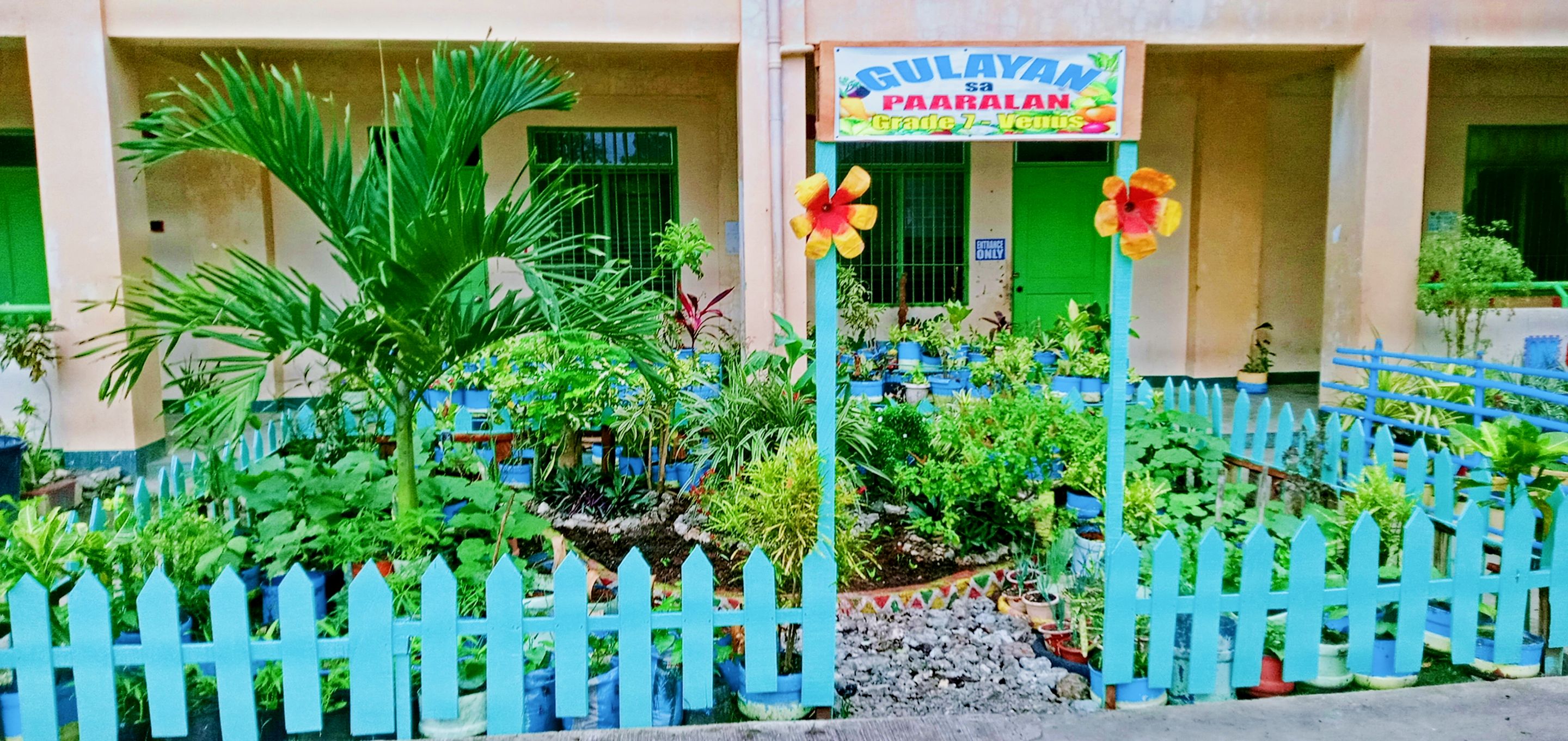
Hello! It is my pleasure to wish you all a joyful and blessed day. How are you doing right now? We were still in the peak of the summer season and the temperatures were extremely high. Some areas received light rain, while others did not. As a result, maintaining school gardens is challenging. Despite this, we could keep the numerous vegetables planted in our assigned areas healthy and alive.
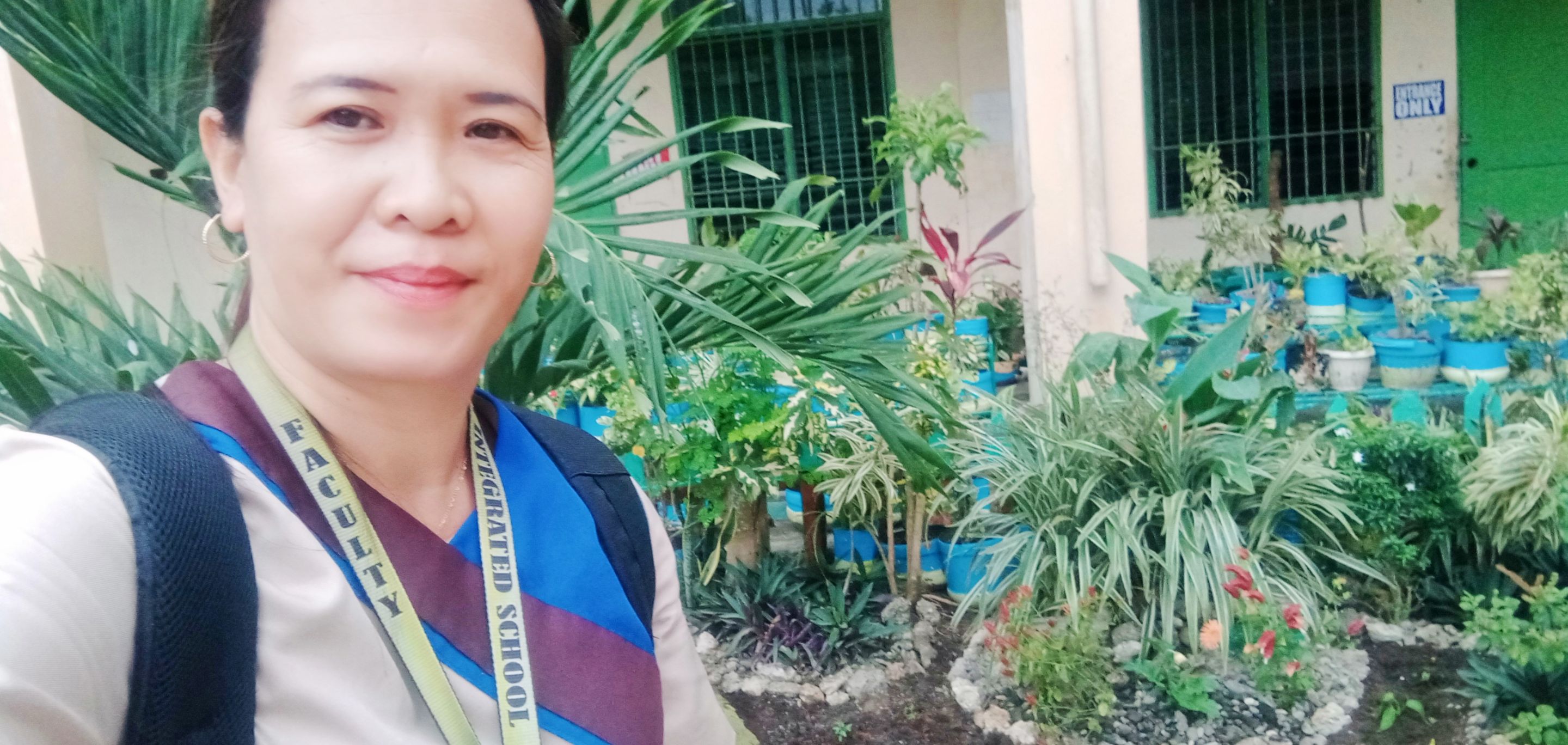
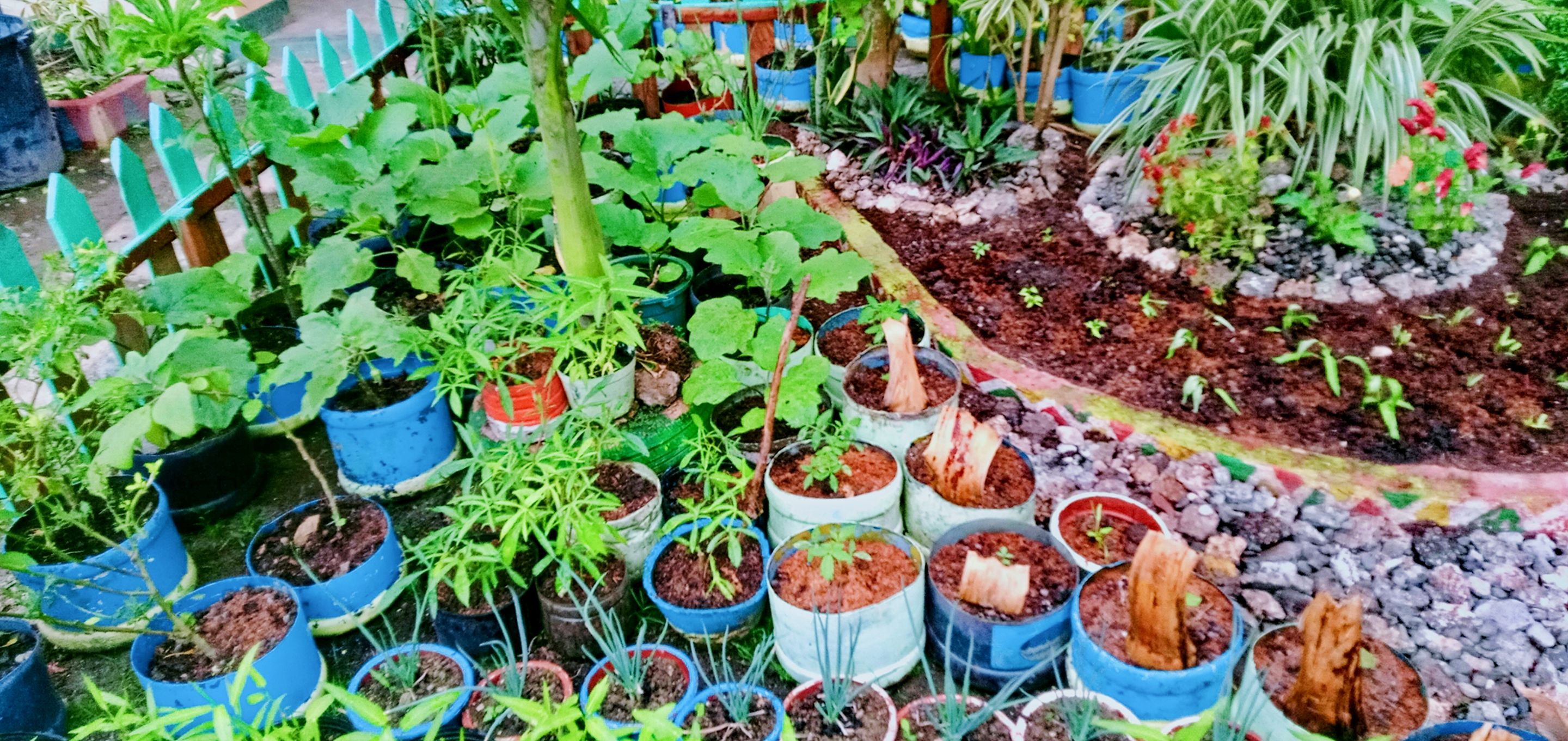
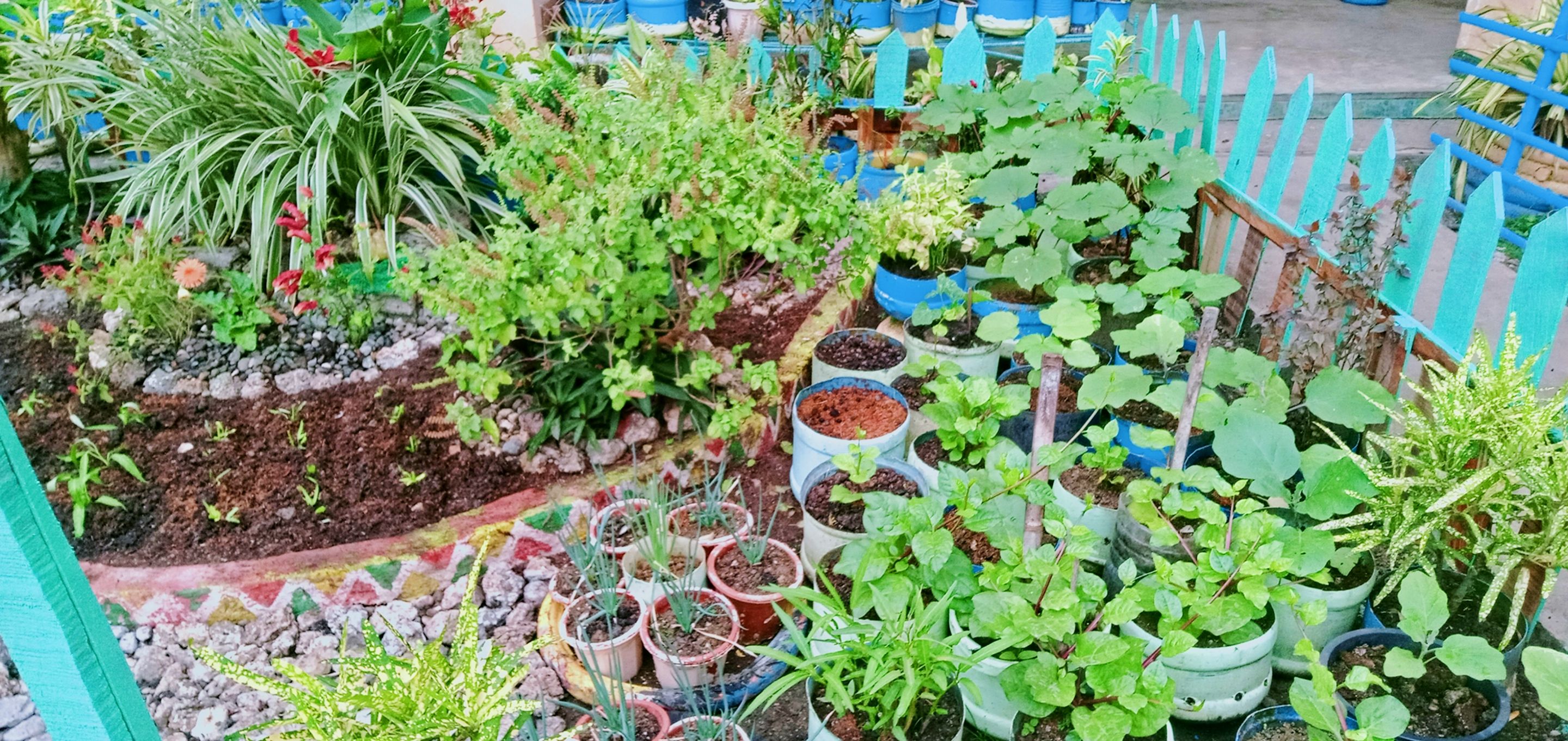
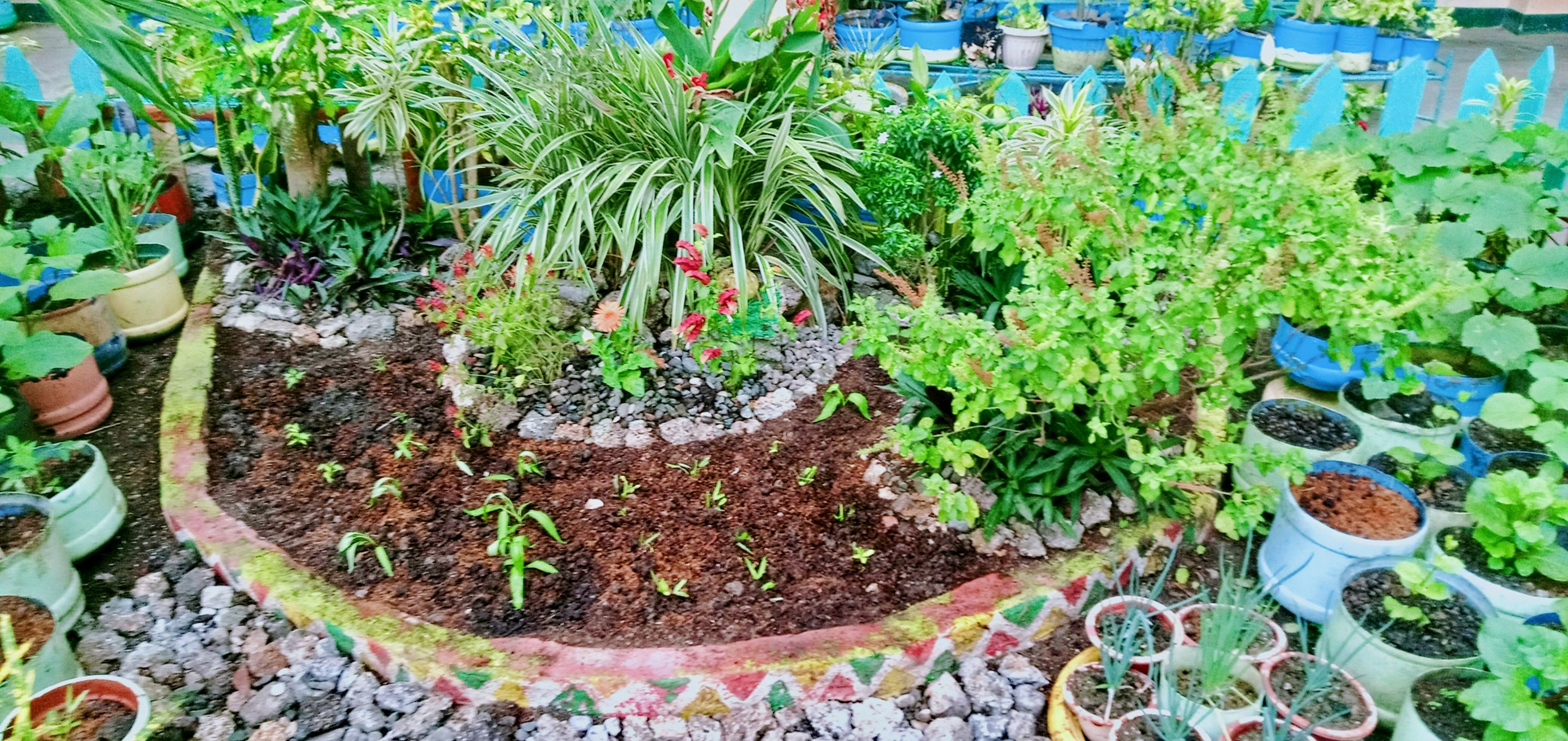
In my previous blog, I showed how we prepared the planting media, our mixture, and how we mixed it in preparation for the planting of our chosen vegetables in our designated area. I illustrated how we transplanted the seedlings, watered them, and fertilized them. Today I'll provide an update on the various crops and vegetables we planted. Even when there was no rain, we continued to water them every day so that these vegetables would grow well.
**Varieties of Vegetables**
1.Eggplant or Talong
2.Okra
3.Alugbate or Spinach
4.Kangkong
5.Sweet Potato
6.Sweet Potato that does not bear root crops( galay2
**Spices**
1.Leeks or sibuyas dahunan
2.Tanglad
3.Sanging
4.Bell pepper
5.Sword Pepper
6.Chili/pepper(sili kulikot
8.Tomatoes
9.Ginger
**Herbal Plants**
1.Sabela
2.bangkabangkaan
3.Kalabo
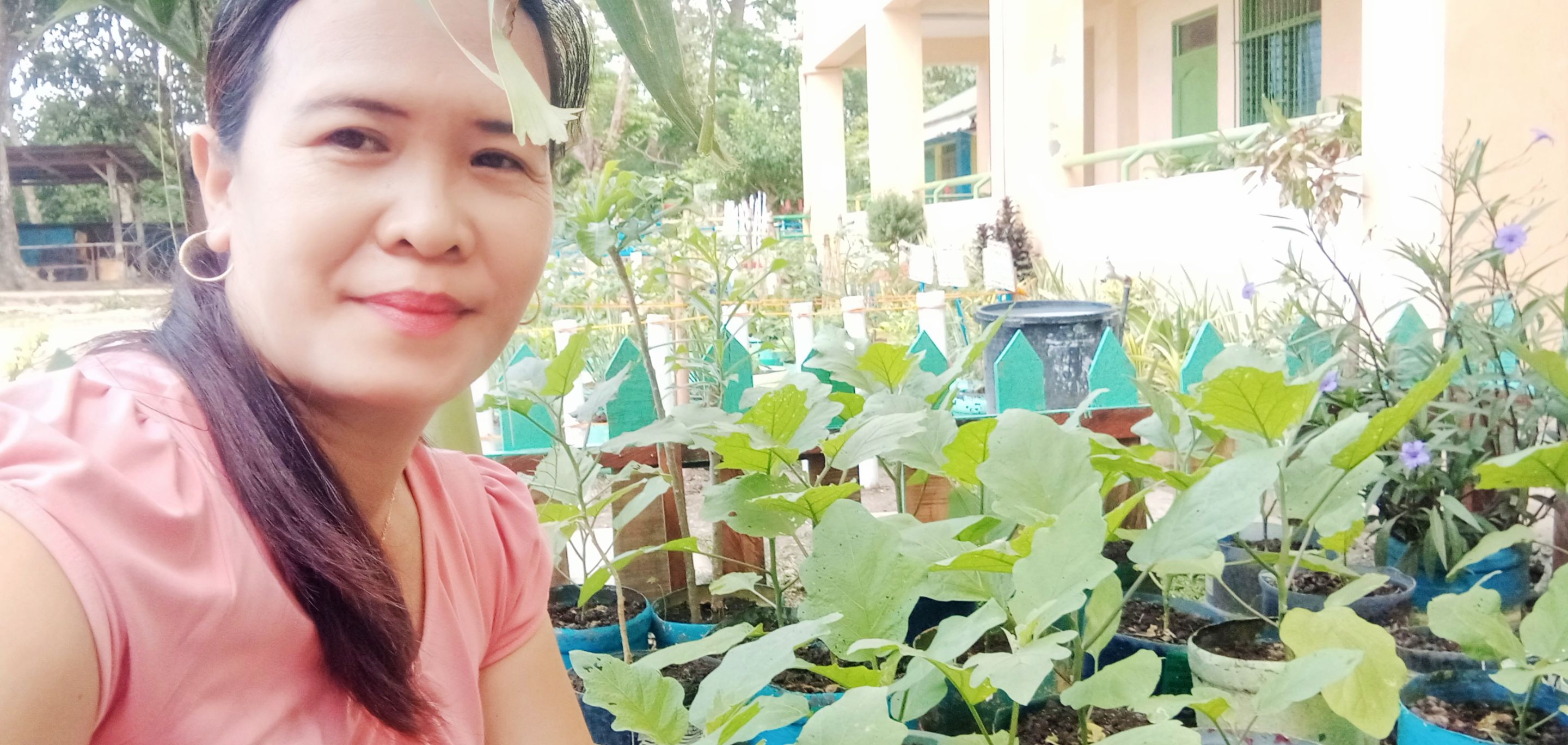
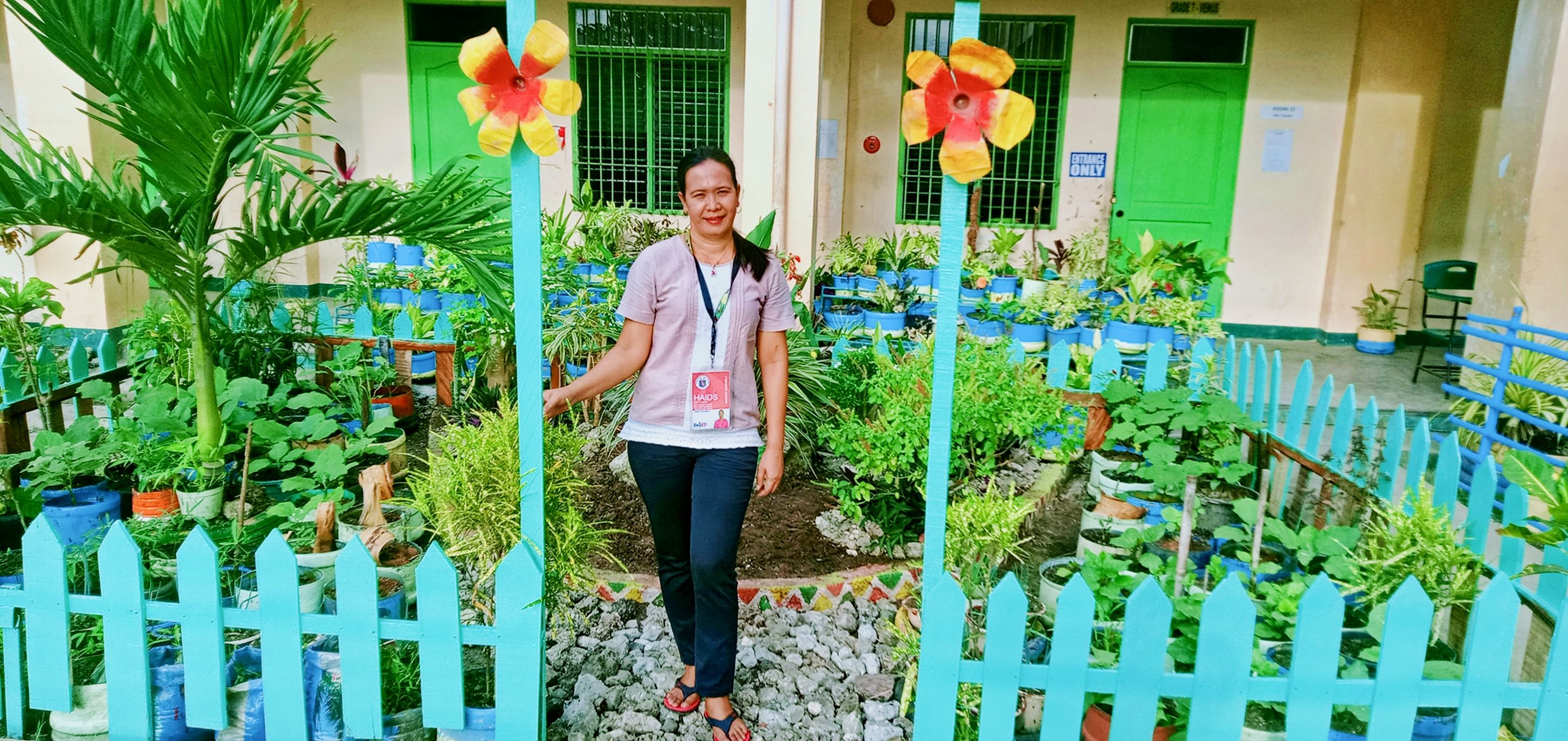
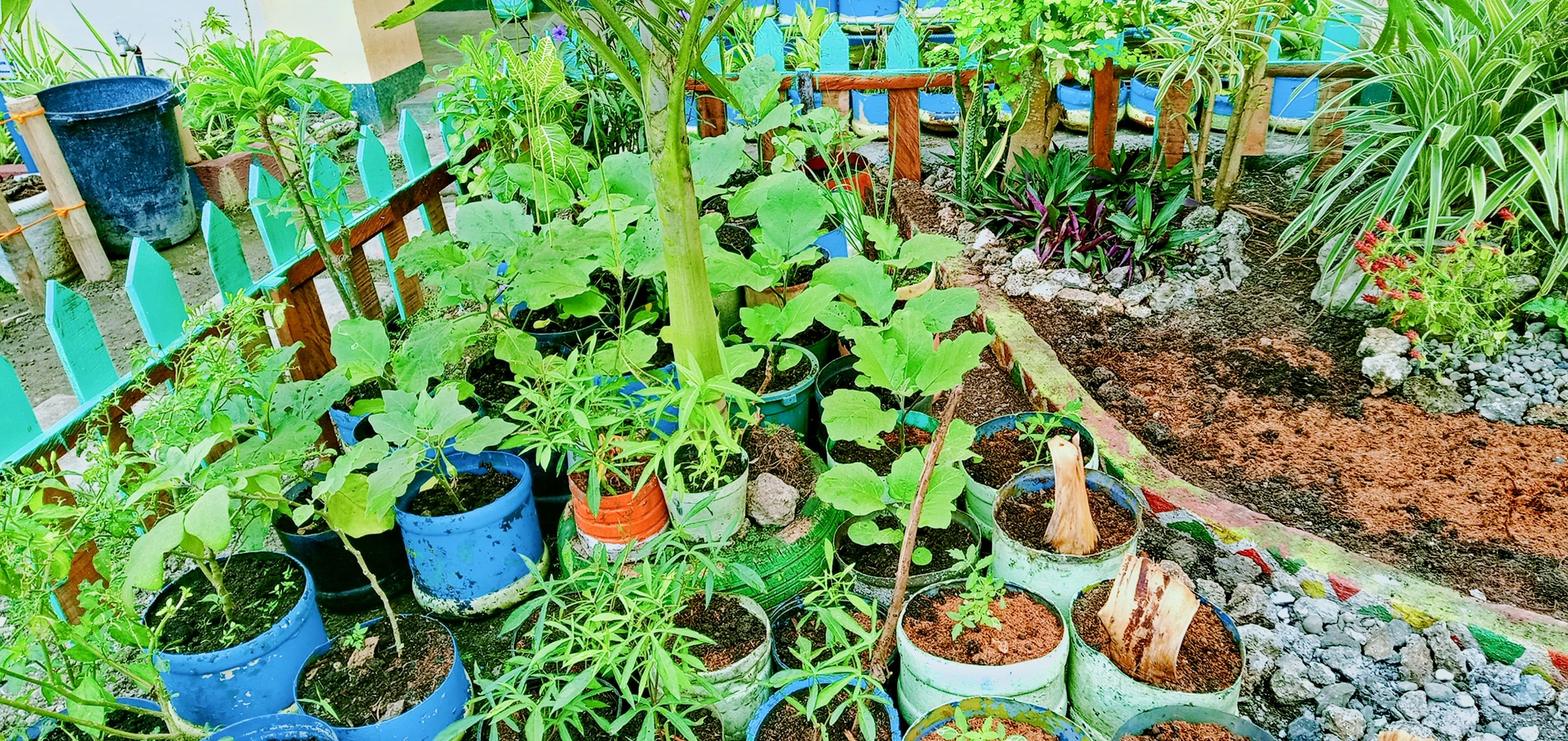
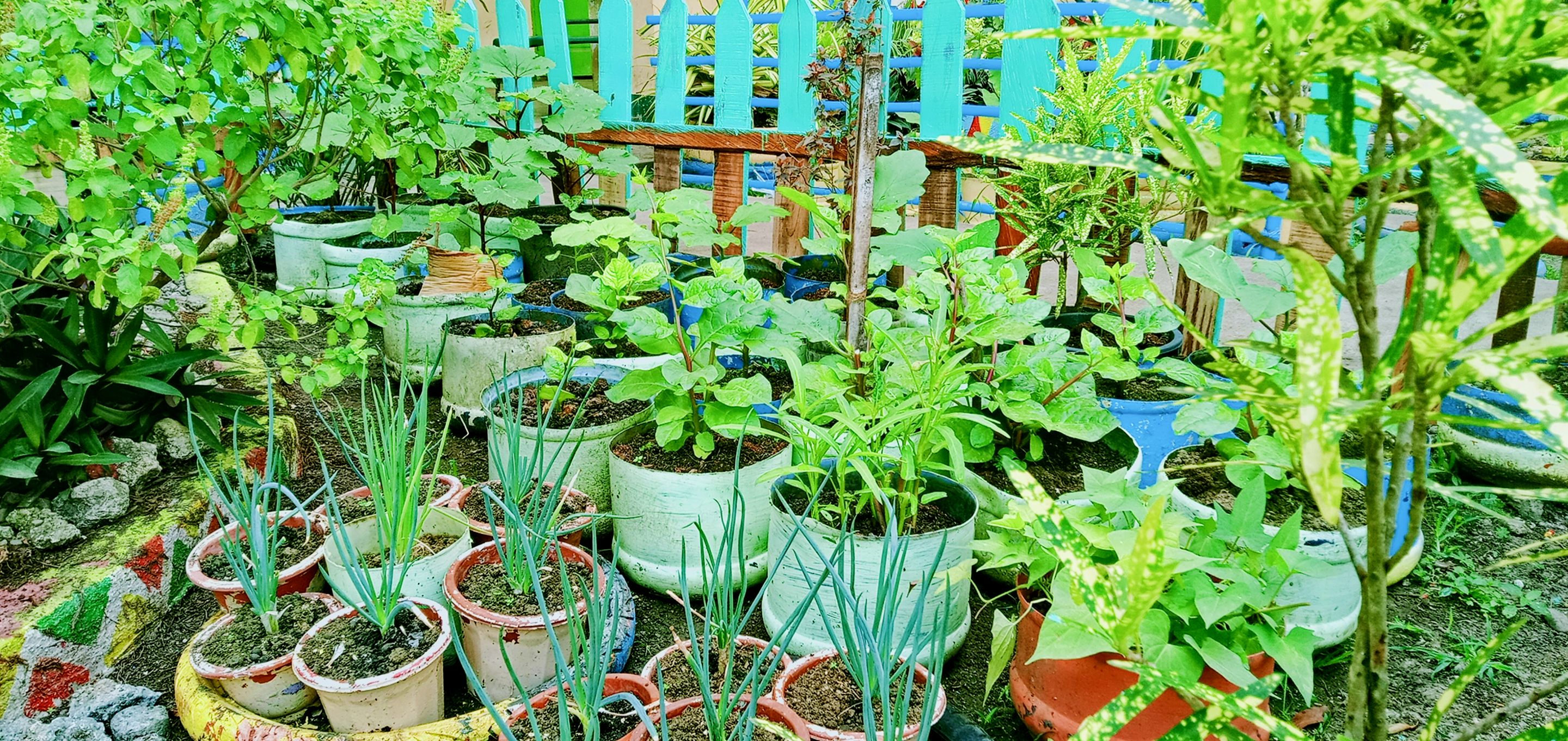
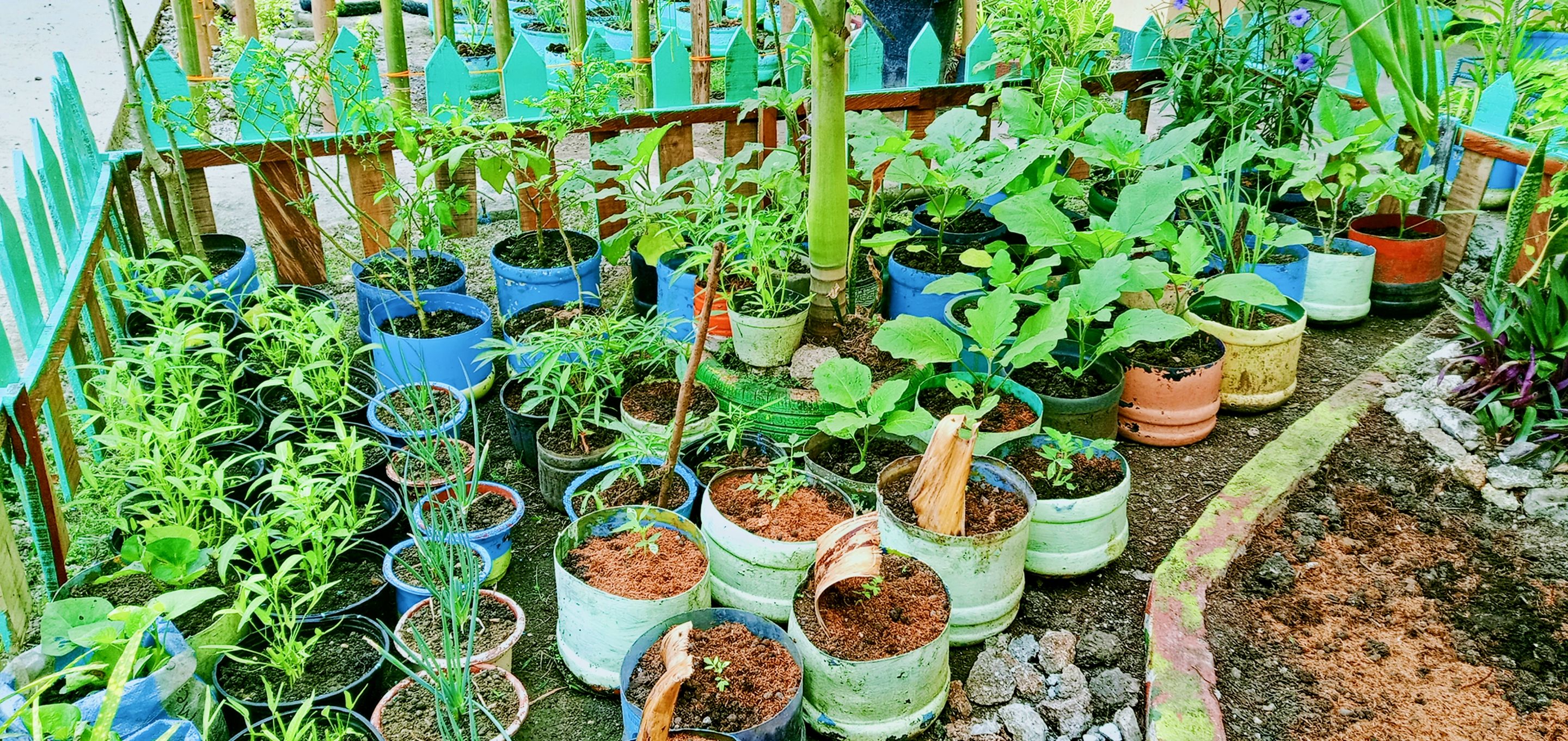
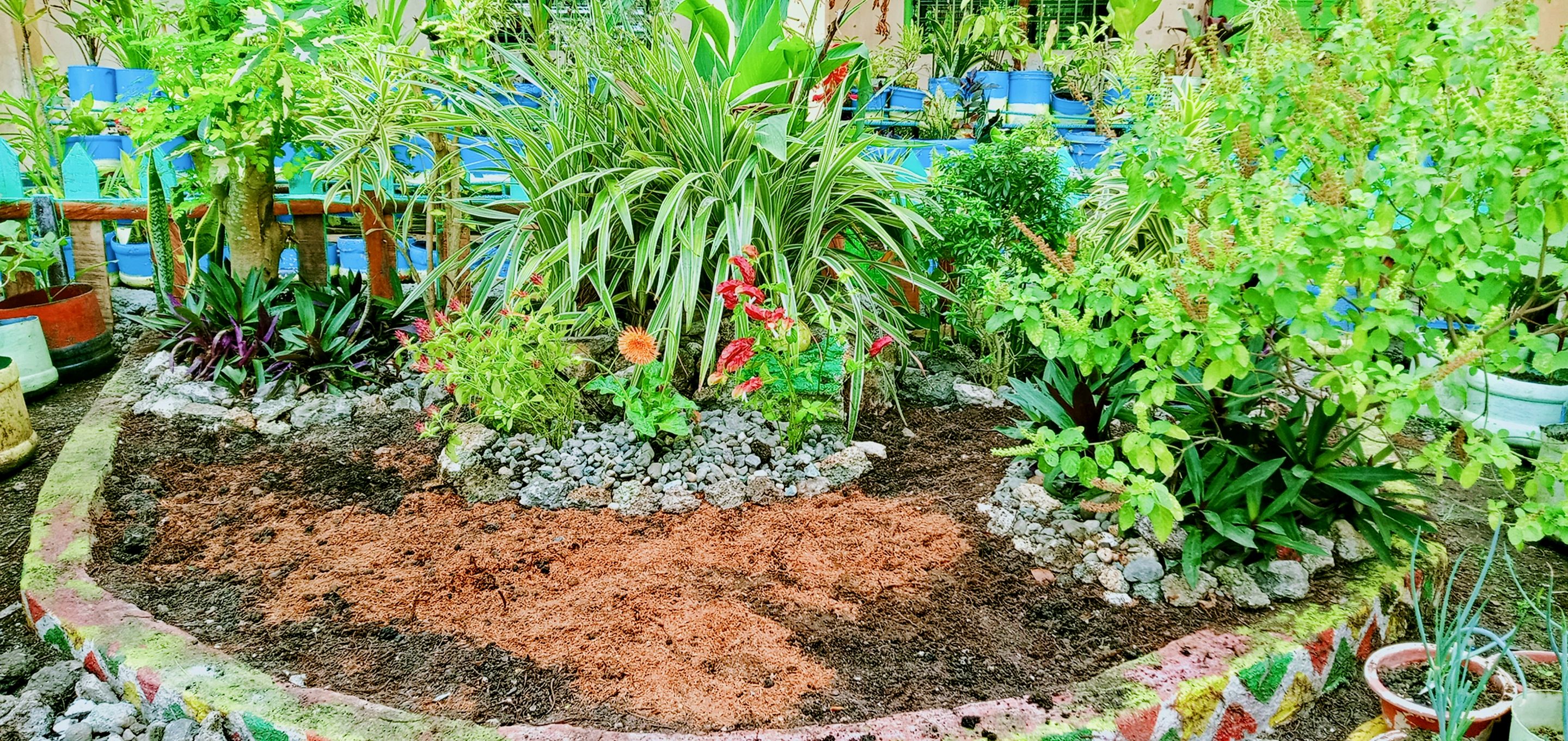
Aside from herbs and spices planted as insect repellants, we also planted ornamental and flowering plants in our garden to invite butterflies and other insects. Butterflies help in the process of pollination, especially during the flowering stage. I always visit my garden to check for insect pests and diseases that will attach to leaves and other parts of plants. They are now in the flowering stage so we must give them extra care and maintenance for a better harvest.
**First Harvest**
Last week I had my first harvest. I harvested alugbate or spinach, galay2, kangkong, eggplant, sword pepper, leeks, or sibuyas dahunan. We cooked our harvested vegetables into vegetable soup for the feeding program. The happiness you felt when you harvest the fruits of your sacrifices, labor, and hard work can not be measured. Instead of buying vegetables from the market, we will just harvest them from our backyard. Therefore this program does not just teach teachers but also all the learners the value or the importance of gardening. Likewise, they must apply their learnings in their respective homes. If we plant, there's no reason for us to be hungry and not healthy.
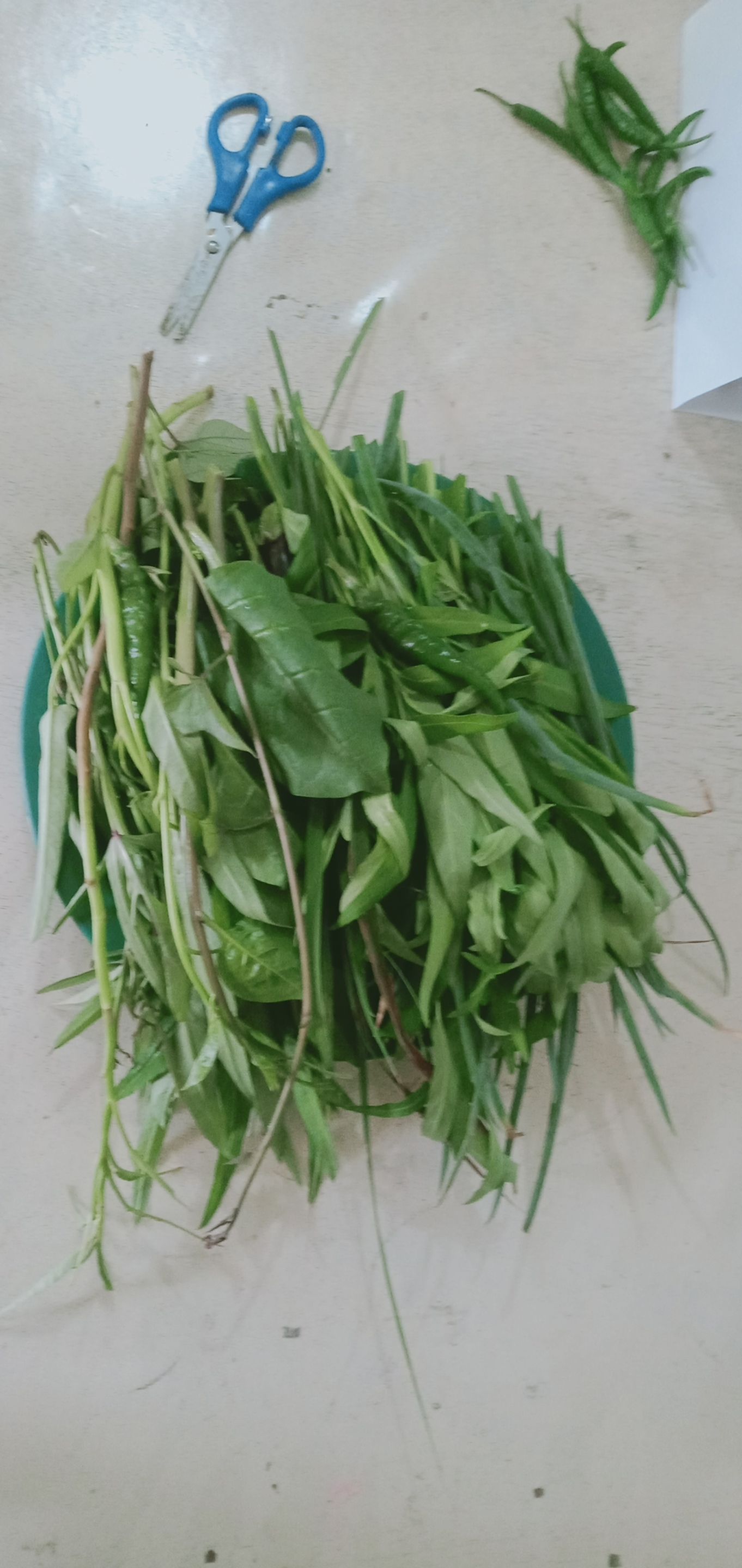
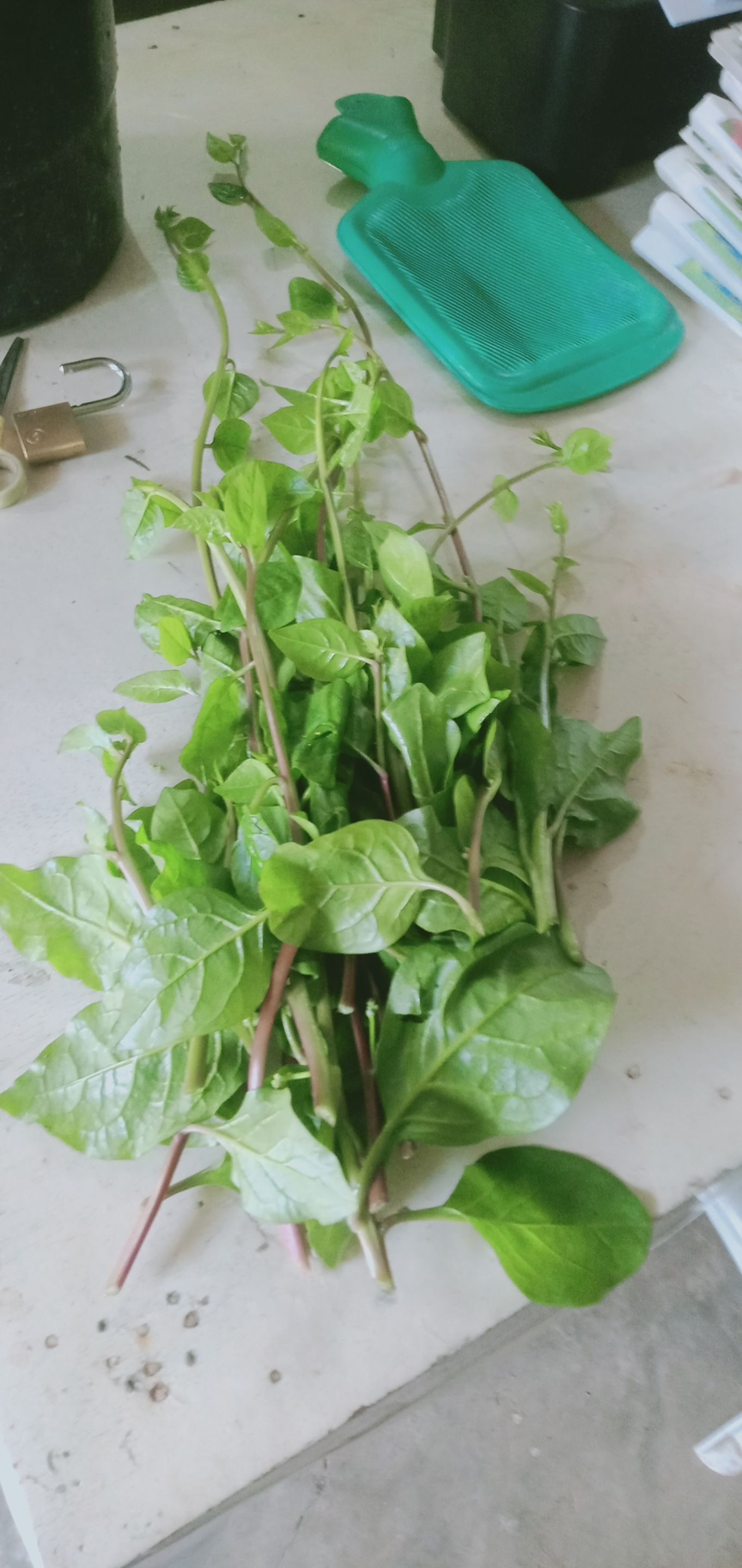
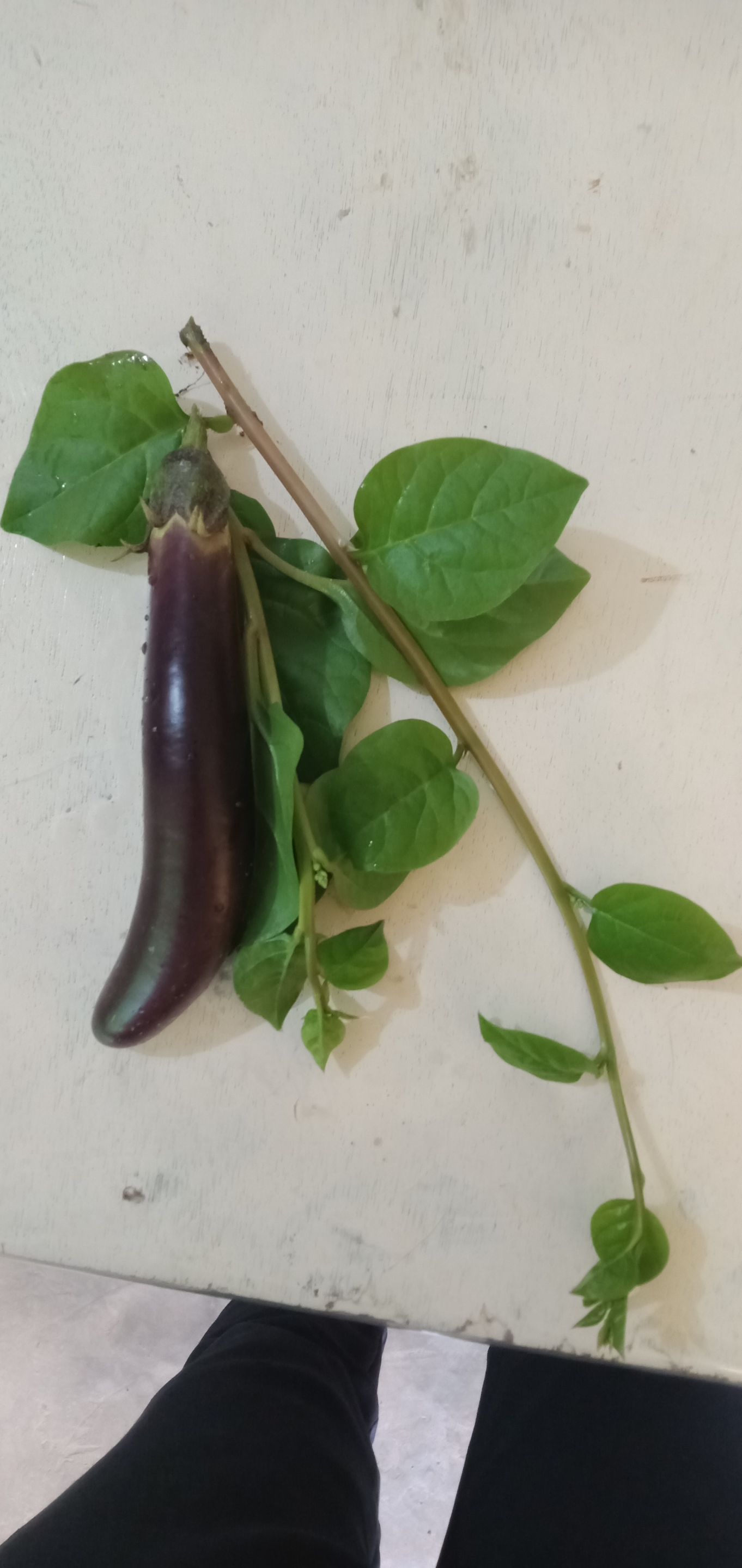

That's all for this blog. Thank you and see you on my next blog.